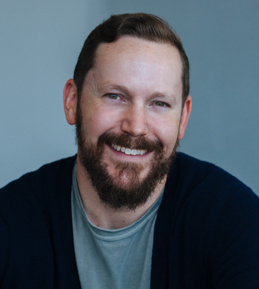
What was the inspiration behind Arlo the Alligator Boy?
I originally created Arlo the Alligator Boy more than a decade ago. He started popping up in my sketches, and I kind of fell in love with drawing him. I had attached this sense of optimism and joy to him from the very beginning, and that spirit is what ultimately led him to the screen.
Please share a bit about your journey to bring Arlo to the world.
Back when I first started thinking about Arlo, I was a young story artist, still finding myself as a storyteller. Arlo was the first movie pitch I had ever put together, and well, I didn’t quite yet have all the tools to effectively communicate my idea for this movie. But it was a great learning experience! As I was finishing up my last project, and looking for something new to develop, it was my wife who convinced me to take another look at this project. It had been about seven years in-between. The fact that someone else believed in it, after quite a few years, was all the confidence I needed to give it another go. Before I knew it, I was pitching it around, and Netflix jumped in to pick it up as both a movie and a series.
You could have chosen any kind of outcast, but the movie gives a nod to the old circus sideshows. Why did you make that choice?
There was some influence there, but over time, I think a lot of that has faded away. It all really started with the thought that Arlo would be a half-boy/half-alligator, and I liked the idea that he would meet some other fascinating characters that help him to feel more comfortable in his skin. Coney Island seemed like an obvious destination for him at first, and was actually in the first draft, but the more I dissected it, the less important that part of the story became. What became important was telling a story with characters who are as extraordinary in their personalities as they are in their bodies.
Bertie says to Arlo, “You are the most genuine person I’ve ever met.” Why was it important to you to make Arlo uncompromisingly optimistic and loving?
I just thought, “What would the purest, most genuinely positive character I could create?” I wanted him to feel real, but still adorable, and not too obsessed with being positive—he just is good to his core. Arlo is the part of myself, my personality, that I strive to face the world with every day, but the truth is we can’t all lead with that kind of optimism all the time. Well, maybe Michael J. Woodard can, which is why I chose him to play Arlo. Then it became about putting a pure-hearted optimist into a flawed world full of broken people … the rest kind of writes itself.
Why a musical? And why did you choose to pair comedy with dramatic, Broadway-style songs?
I grew up with two huge passions, drawing cartoons and playing music. I’ve always bounced between the two, from my career in animation, to recording and playing in bands. When Netflix gave me the opportunity to create a story however I saw fit, it had to be a musical. As far as the comedy goes, I just can’t help myself. I’ve always been a comedy writer and punch-up guy, so it’s just in my DNA, I guess. I love classic animated musicals, they have shaped me and informed so many of the choices we made in this movie, but as a storyteller you have to stay true to yourself and hopefully, leaning into comedy, gave us a fresh lens.
What would you like kids and their grown-ups to take away from watching Arlo the Alligator Boy?
I guess, try to be a little more like Arlo. Be an optimist, see the good in other people, and lift them up. At the risk of sounding cheesy, I feel like having a positive outlook and being kind can make the world such a better place. It’s been a tough couple years; we all deserve as much positivity as we can get right now.
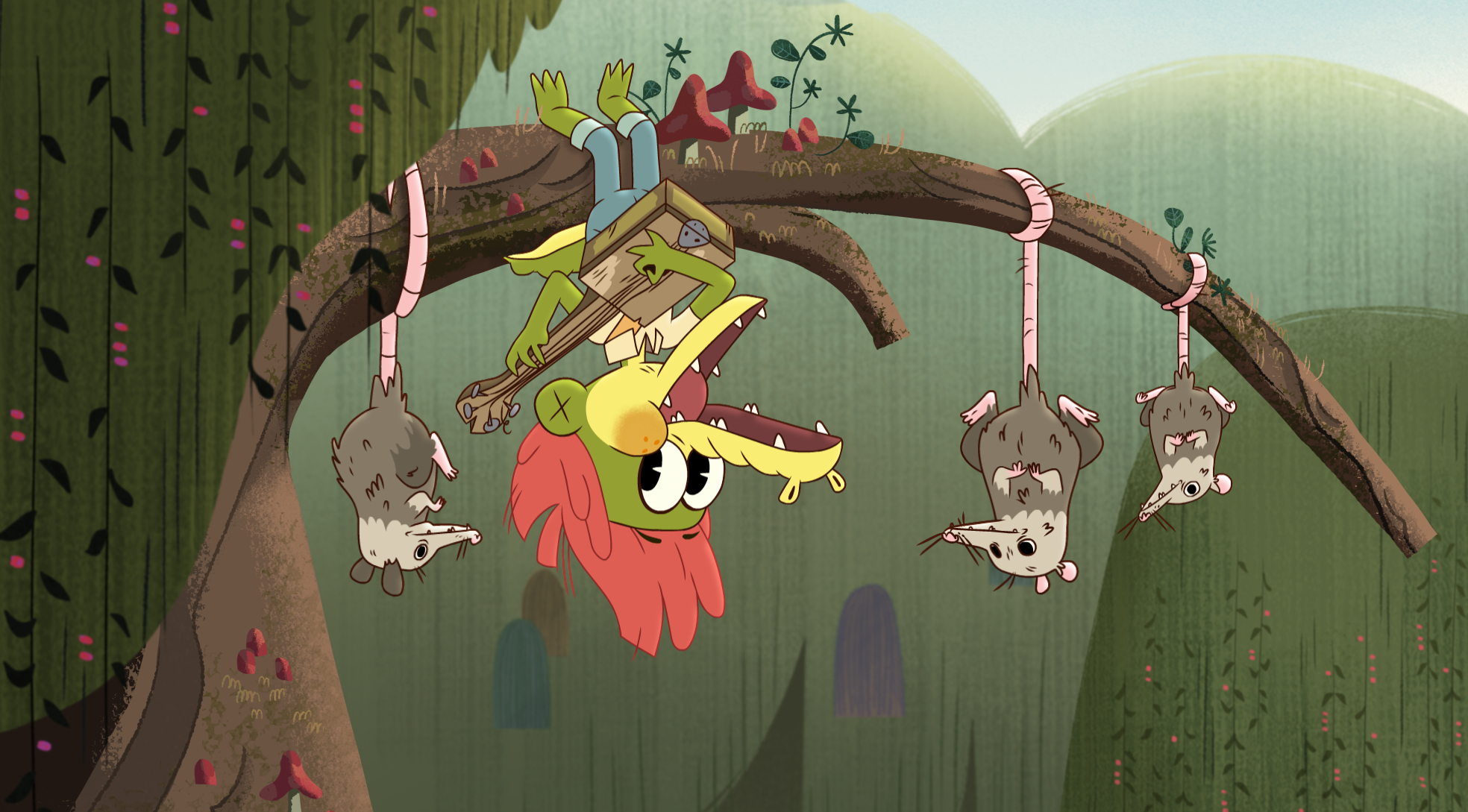
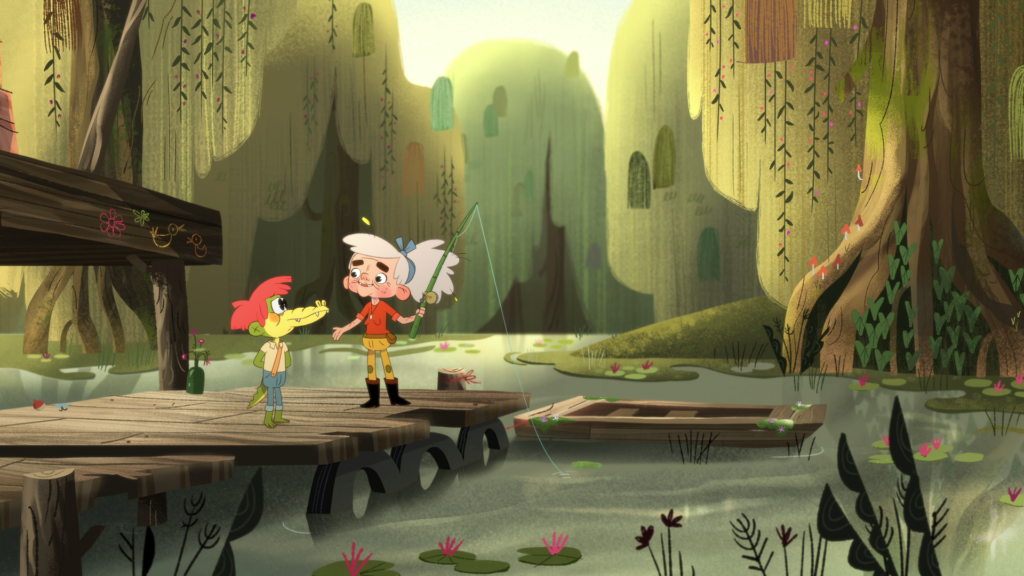
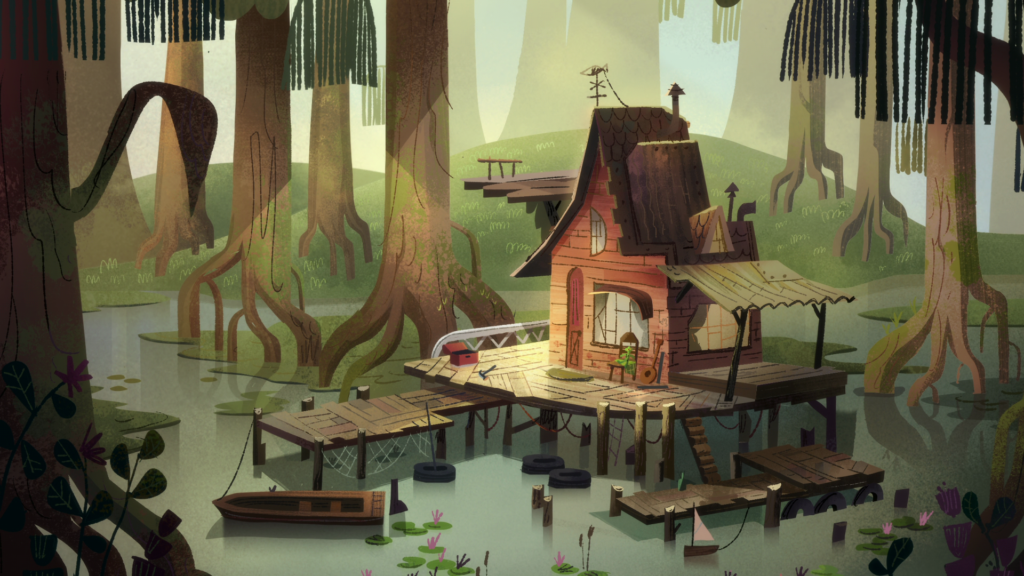
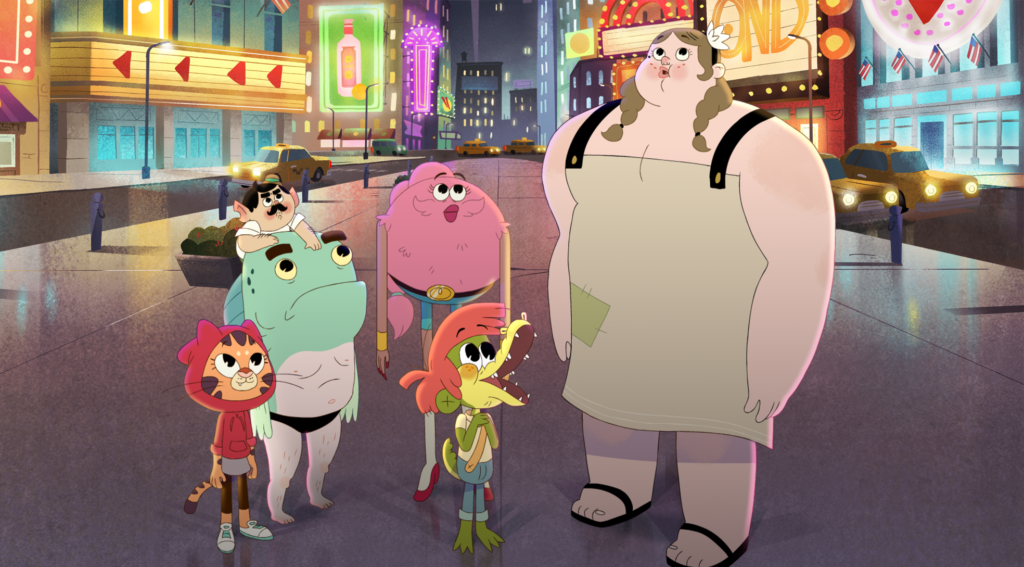
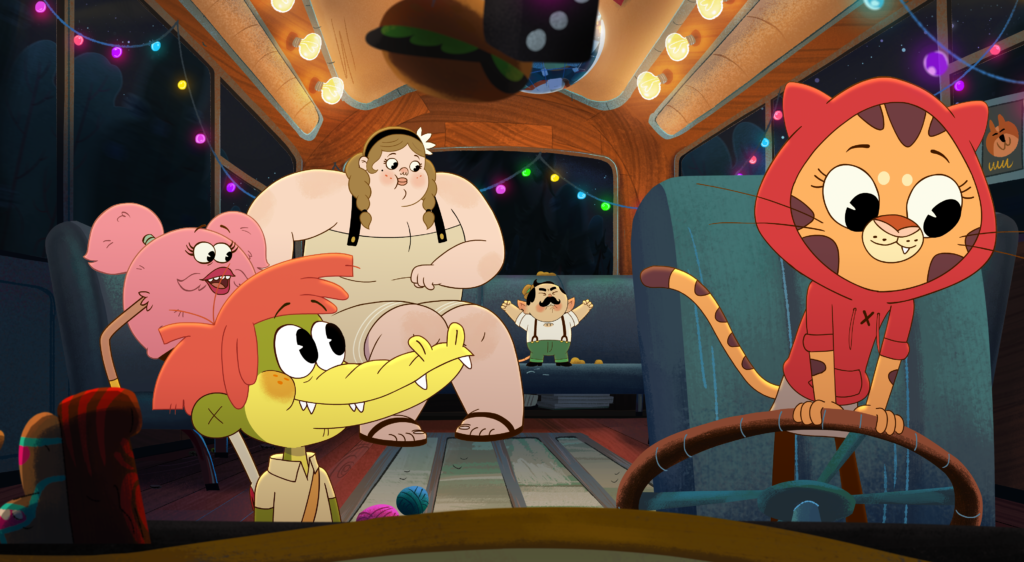
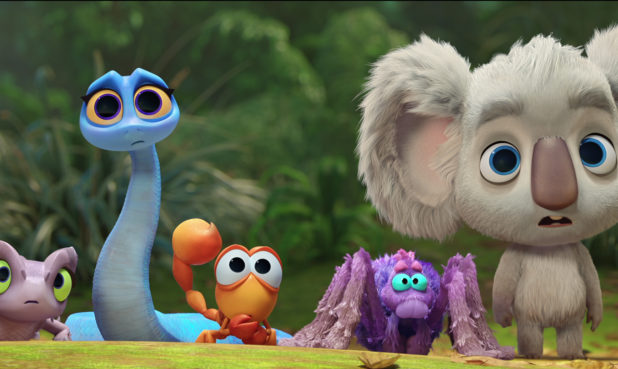
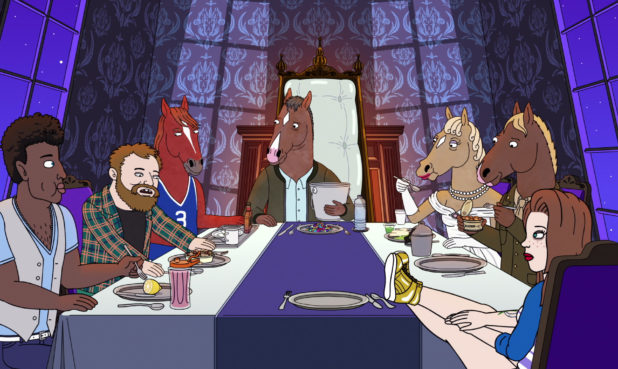
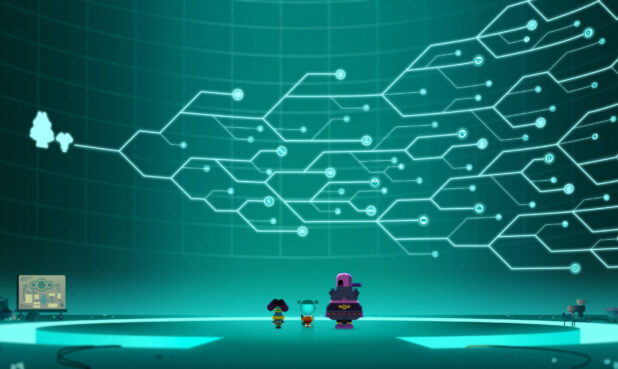
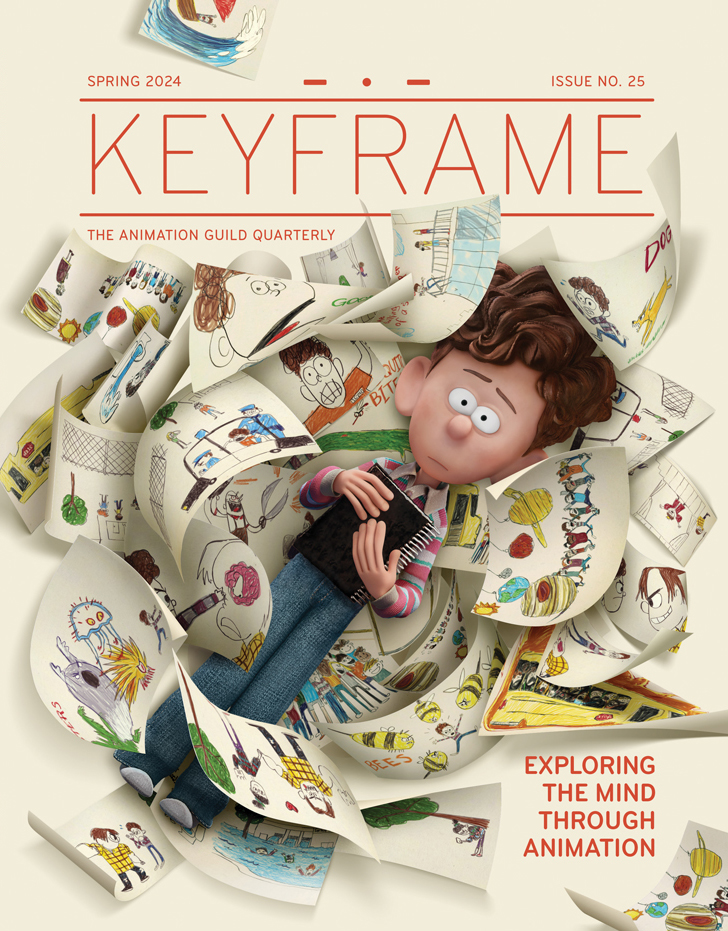
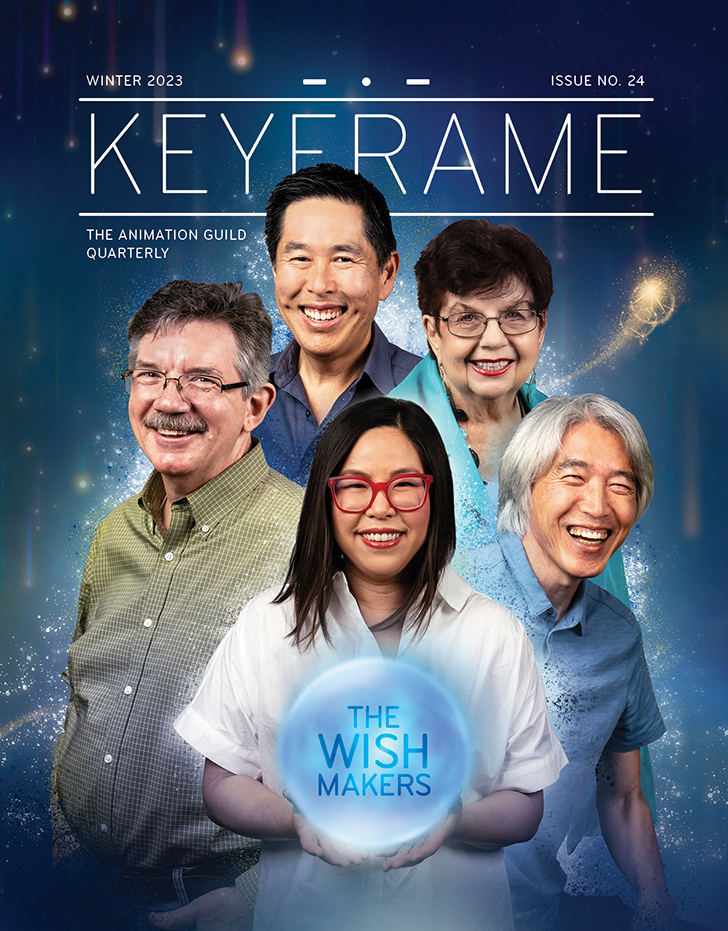
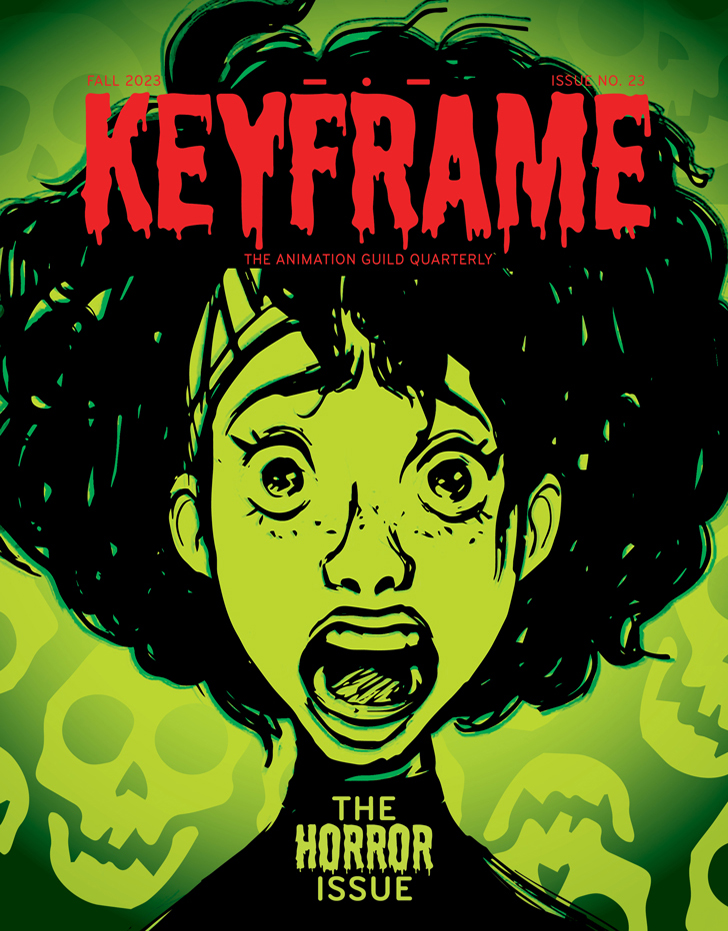
.png)